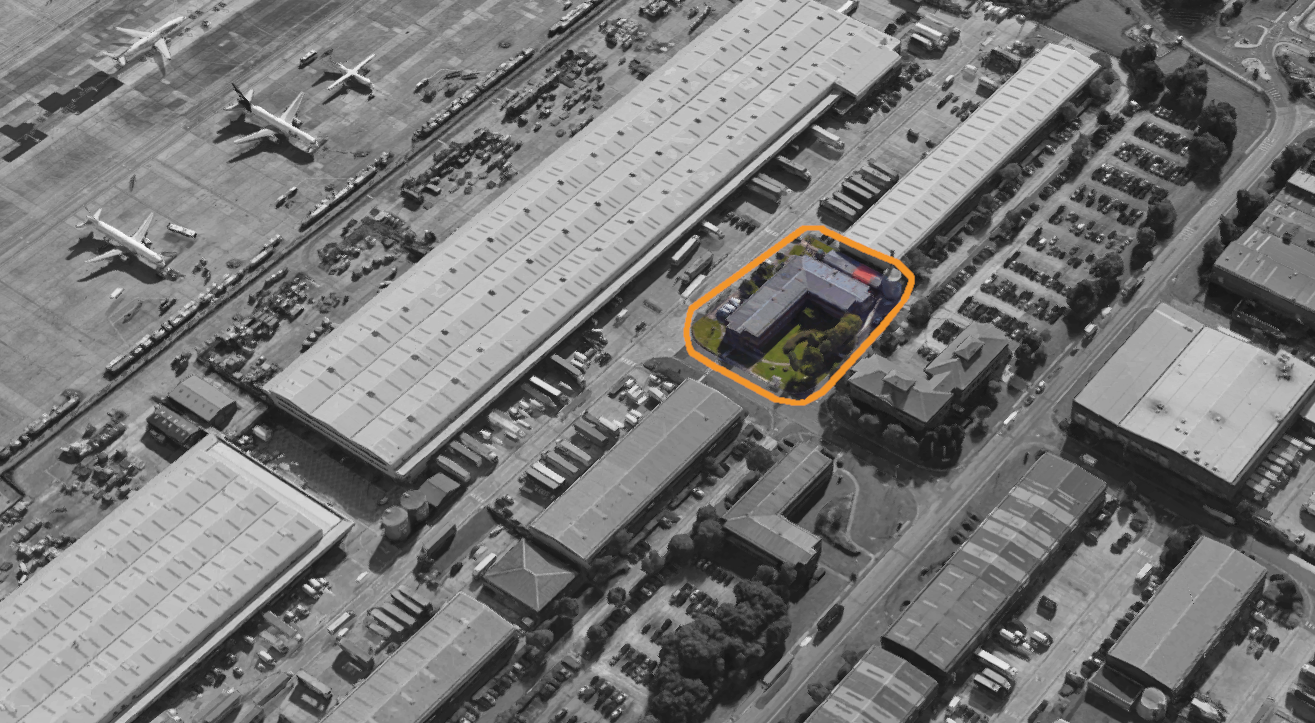Laura Gibbons works as a Public Law Solicitor at the Greater Manchester Immigration Aid Unit. She is also a volunteer with the project visiting people held at the immigration detention centre at Manchester Airport, recently reopened as the Manchester “Residential Short Term Holding Facility”.
 Laura writes this week on the Right to Remain blog about detention, volunteering and the These Walls Must Fall campaign to end detention:
Laura writes this week on the Right to Remain blog about detention, volunteering and the These Walls Must Fall campaign to end detention:
 I have an uncomfortable feeling in my stomach as I walk along the newly painted, purple corridors with the friendly staff member who leads me through the building, showing me all the improvements and extra consideration and consultation that has been put into this building, with extra separate spaces for women, windows and access to an outdoor space. The staff are kind and the building a vast improvement on what was in place before, but this is still so wrong – this building serves to lock people up.
I have an uncomfortable feeling in my stomach as I walk along the newly painted, purple corridors with the friendly staff member who leads me through the building, showing me all the improvements and extra consideration and consultation that has been put into this building, with extra separate spaces for women, windows and access to an outdoor space. The staff are kind and the building a vast improvement on what was in place before, but this is still so wrong – this building serves to lock people up.
I am part of a visitors group that visits people detained at Pennine House (now known as Pennine 302) – Manchester’s immigration removal centre. As a short-term holding facility, the people detained here are locked up for a maximum of five days, so I never get to see the same people twice before they are loaded on to a plane, or more commonly sent along to a longer-term detention centre (usually Dungavel, for men or Yarl’s Wood, for women). The place is tucked away at Manchester’s airport, now in the Cargo area, so most people don’t even know of its existence. Most of the people I talk to about my visiting don’t even realise that immigration detention exists, least of all that it can be for an indefinite period of time.
The UK is the only country in Europe that locks people up in immigration detention with no time limit. The UK detains around 30,000 people each year and, in 2017 the longest recorded length of detention stood at 1,845 days – over 5 years. The financial cost to the public is huge (the Government stated in 2017 that the average cost to hold an individual in immigration detention is £86 per day, meaning it cost approximately £158,670 to detain this person for those 1,845 days).
The human cost is far greater. Most people in detention have already suffered trauma or persecution in the past, and the psychological impact of being held indefinitely in detention inevitably have a further impact. In 2017 six people died whilst in immigration detention and many more are known to have self-harmed. Conditions in immigration detention were unveiled to the general public in BBC’s Panorama programme last year, where we saw the inhumane treatment of people detained at Brook House near Gatwick Airport by an undercover employee. Yet immigration detention continues, and is no doubt seen by the government as a key part of their creation of a ‘hostile environment.’
It was as a result of my complete opposition to immigration detention that, when I saw a leaflet for a meeting in Manchester for a campaign called ‘These Walls Must Fall,’ I made sure I attended. Thus began my involvement with Right to Remain.
Having worked in the charity or ‘third sector’ in the past I was impressed with their bottom-up, grassroots approach and how they brought the local community together. The campaign has gone from strength to strength, with local communities and organisations raising awareness about immigration detention across the country and Councils passing motions against the use of detention.
Read the rest of Laura’s blog over at Right to Remain
 Laura writes this week on the Right to Remain blog about detention, volunteering and the These Walls Must Fall campaign to end detention:
Laura writes this week on the Right to Remain blog about detention, volunteering and the These Walls Must Fall campaign to end detention:
 I have an uncomfortable feeling in my stomach as I walk along the newly painted, purple corridors with the friendly staff member who leads me through the building, showing me all the improvements and extra consideration and consultation that has been put into this building, with extra separate spaces for women, windows and access to an outdoor space. The staff are kind and the building a vast improvement on what was in place before, but this is still so wrong – this building serves to lock people up.
I have an uncomfortable feeling in my stomach as I walk along the newly painted, purple corridors with the friendly staff member who leads me through the building, showing me all the improvements and extra consideration and consultation that has been put into this building, with extra separate spaces for women, windows and access to an outdoor space. The staff are kind and the building a vast improvement on what was in place before, but this is still so wrong – this building serves to lock people up.
